Do you feel overwhelmed by the amount of news that you see regarding climate change? Is the whole “reduce environmental impact today” important or not?
Let us talk about why the world needs to worry about reducing environmental impact.
Why You need to Reduce Your Environmental Impact
There is a lot of evidence that climate change is happening.
There’s no doubt about it.
And if consumers don’t want to change, big companies won’t follow.
Why?
All companies need customers and if customers want to be more eco-friendly, companies need to change their practices to keep their customers happy.
It’s as simple as that.
A lot of the change needed to reverse climate change is in fact in the industry but if as consumers we don’t demand eco-friendly practices, there’s no need for the industry to change right?
If they’re getting profit, there’s no reason for them to change.
Why Individual Actions are Important
Reducing your environmental impact on a individual level is important because individual actions compound.
Let me give you a small example: I used to not talk with people about using a menstrual cup, I was afraid of getting judged – now that I think about it I was afraid of getting judged by my male collegueages which makes even less sense – but once I started talking about it with my friends about how I loved my menstrual cup and how using a menstrual cup changed my life, they started to consider using it.
I planted a seed.
Two years later, 2 of my closest friends are using it. And I bet that they’re talking about their experience with the menstrual cup with someone else.
When I bought my menstrual cup, I had to go to a very specific store, now they’re available in pharmacies and pretty much everywhere with a huge variety for everyone’s different needs.
The menstrual cup was invented in 1932 and only now we’re seeing a rise in its use.
Why?
A lot of people have started to realize the amount of waste that a period generates when using disposable feminine hygiene products.
If individuals didn’t start buying menstrual cups, there wouldn’t be a rise of menstrual cups in the market.
Individual actions are important because they help propel change.
Where to Start Reducing your Environmental Impact
Where do you start if you want to reduce your environmental impact?
Wherever it makes more sense to you.
Reducing your environmental impact is important but there are several ways to approach it.
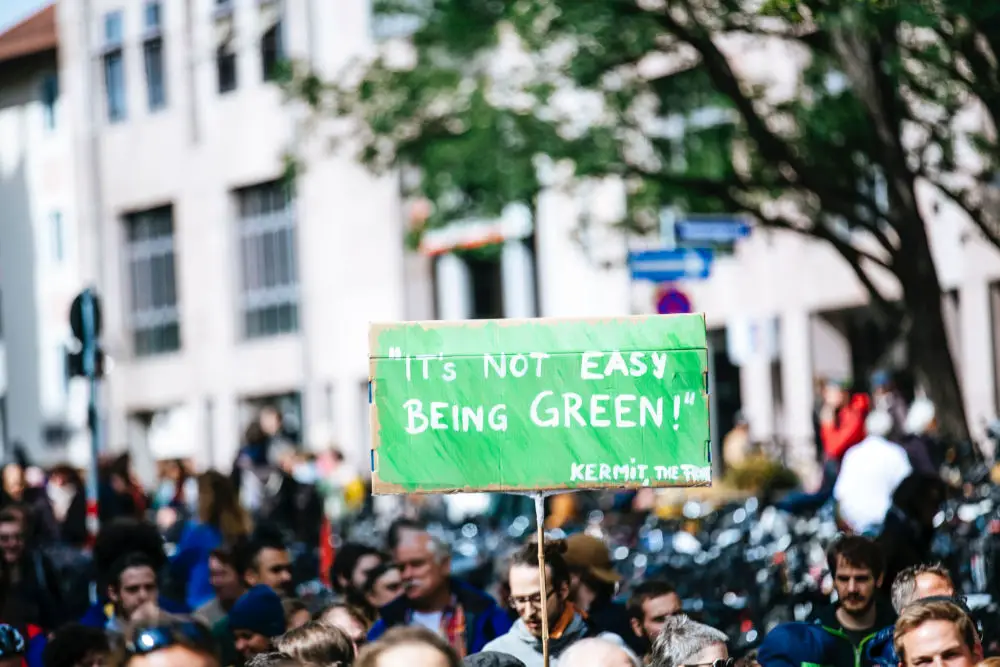
A word about reducing your footprint
Some things will be easier for you to do than others and that’s where you should start.
It’s easy to fall into the trap that you want to change all your habits overnight.
But let me tell you something: if it’s not sustainable for you, you won’t be able to sustain it for long and the whole point of the whole “reduce environmental impact now” is to make and sustain those changes.
Being 100% more eco-friendly for a week is not better than being 1% more eco-friendly all the time.
The truth is that our society is not currently built to be as sustainable as it could be, so you should do what you can.
And let’s not forget that worrying about climate change comes from a privileged position.
If I didn’t have food in the table, I wouldn’t be worrying about climate change, that’s 100% true. Reducing waste can save you money, yes, but this still comes from a place of privilege.
This is all to say that do what you can. Don’t buy expensive “eco-friendly” stuff if you can’t and be at peace with what you’re doing rather than thinking of everything you still have to change.
“Roma e Pavia não se fizeram num dia.”, it’s something that we say in Portugal that nothing can be done overnight. I just found out that its origin it’s french though – “Rome wasn’t built in a day”.
That’s why I believe that to reduce environmental impact, we should all start by reducing our food waste.
Reduce Environmental Impact
Reduce Food Waste
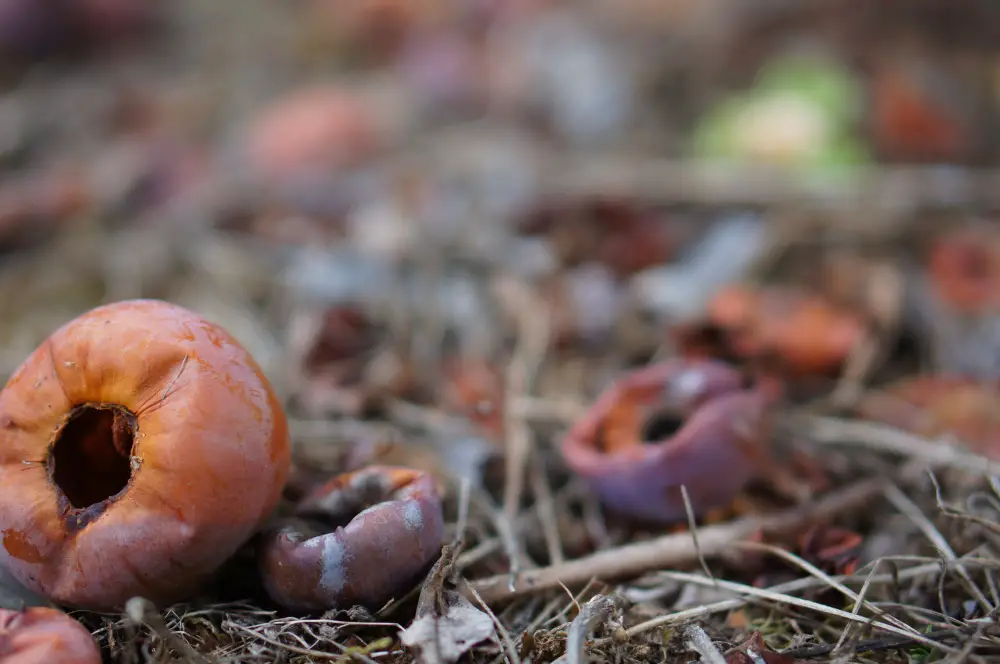
Reducing food waste saves you money, doesn’t make you feel about wasting food when there are people who starve plus it’s a change that’s fairly easy to do in your day to day life.
Read more here: Ultimate Guide To Reducing Food Waste
Make instead of buying
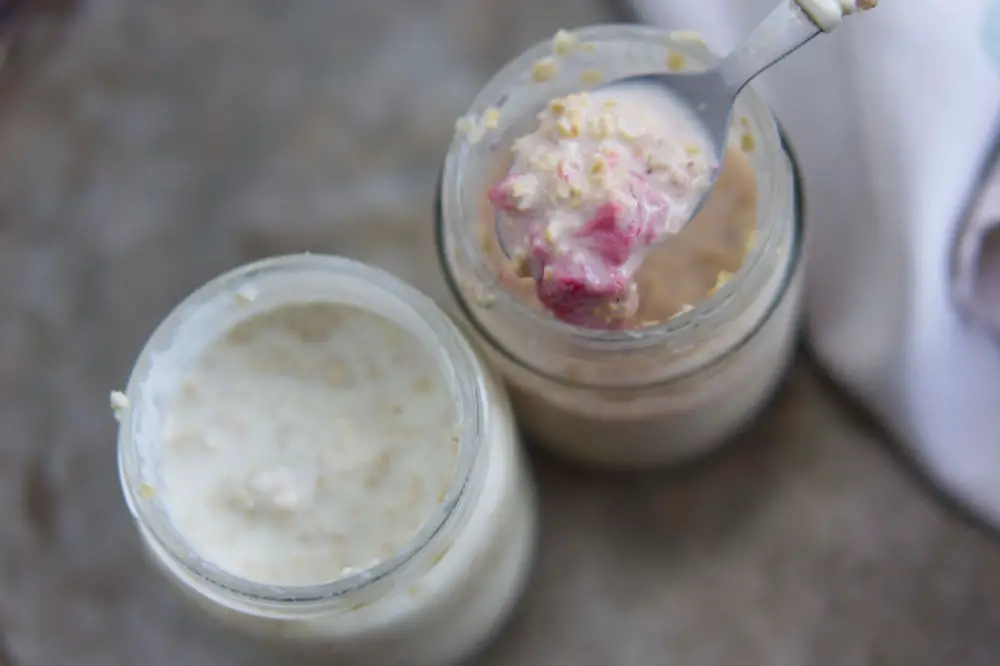
I’m a huge fan of making. From making bread bags out of old men’s shirts to making postcards out of recycled materials, making not only is good for your mental health but also for the environment.
For example, homemade yogurt will help you quickly reduce your plastic consumption without much effort from your part. It’s one of the things that I do every week that doesn’t take me a lot of time.
A lot of the fabric that I use when sewing is upcycled. Instead of throwing away clothes, I use them as fabric for my new projects.
And there’s also a hidden advantage of making more instead of buying: something that seems to be overlooked quite often.
When you’re making you’re acknowledging the amount of work that goes into something.
When I made my first pair of acacia underwear, I couldn’t help but feel OMG this takes so much time. Yet, when we’re buying it from a store, we don’t even give it much value which helps buying more and more. When you take the time to make something, you start to consider the worker’s conditions for companies to be able to sell a t-shirt for that price.
Plus, even when buying new yarn to knit a new sweater, you’re still going to take time to knit it which in the long run helps you consume less. It’s faster to buy 20 sweaters than to finish 1.
Buy Second Hand
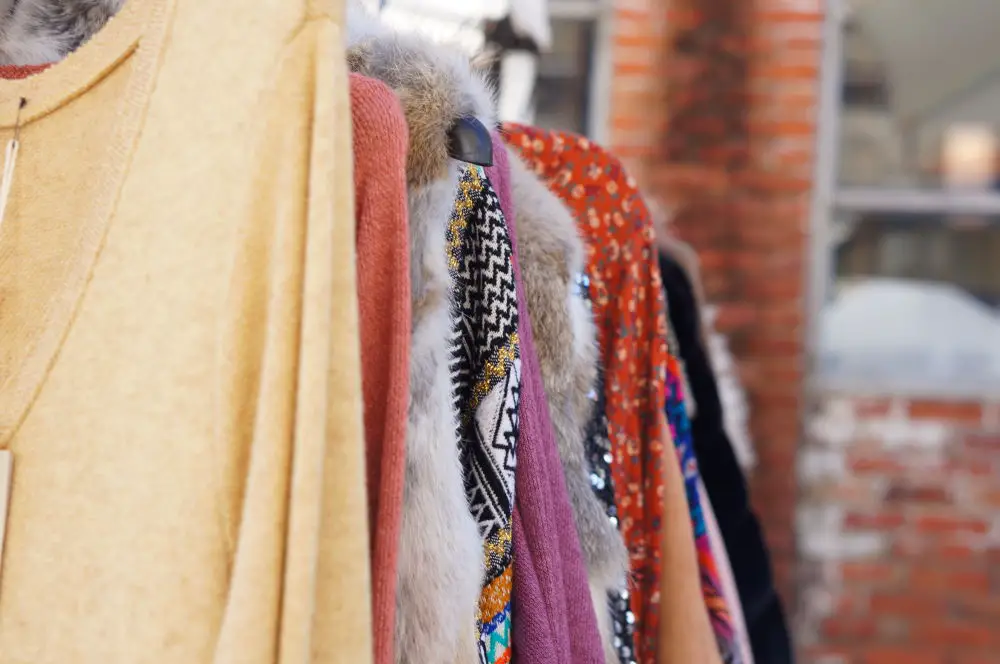
Buying second hand helped me find my personal style but it’s also one of the big keys to reduce your environmental impact.
Consume consume consume, that’s what everyone’s telling you to do but whenever something’s new is made, more resources and energy is used.
By buying second hand, you’re saving those new resources and that extra energy.
Unfortunately, there’s a lot of items out there in pristine condition and not being used. In fact, some of them are being thrown away.
What if instead of buying new, whenever you buy something, you buy second hand?
Read: Beginner’s Guide to Buying Used
Reduce Plastic Consumption

Plastic is a big problem and although it’d be hard to live without plastic in this world, you can still make some changes to make an impact.
You can go through this simple guide on reducing your plastic waste as a starting point to less plastic in your life.
Reduce Disposables
On the same note, disposables, regardless of its material are usually bad. Everytime a new material is produced it requires energy and raw materials to be made. Using reusables instead of disposables will be a more eco-friendly option.
Reduce Energy Consumption
Energy still doesn’t come 100% from renewable sources. And it can be easy to forget to turn off the lights, I know I do.
Do all your appliances need to be turned on? Can you use smart plugs to turn off some appliances when not in use?
Save Water
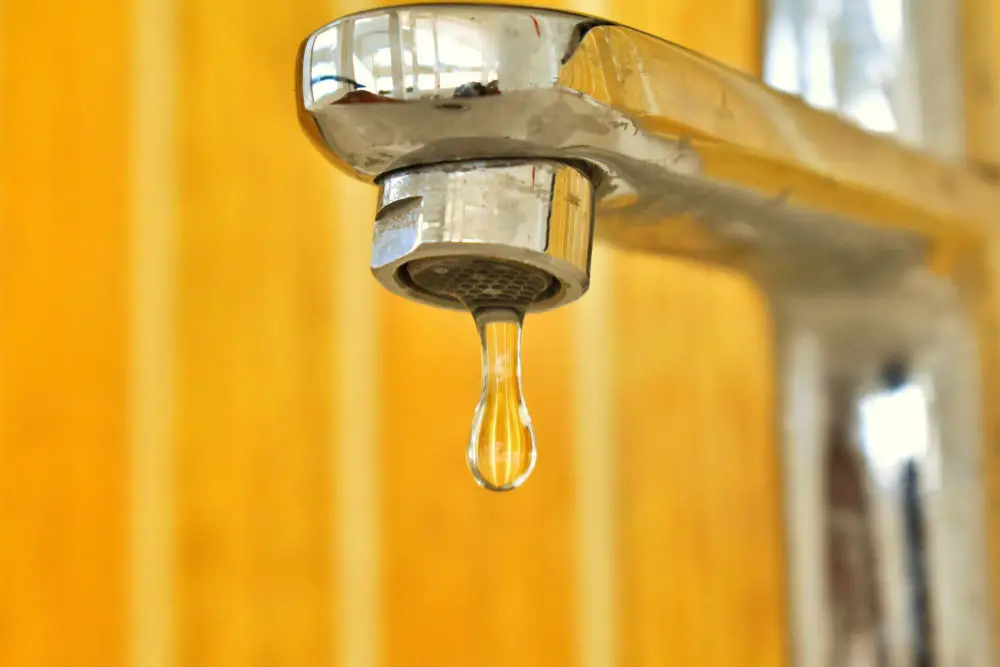
Similarly to energy, water is such an important resource and it keeps getting wasted.
A couple of tips on reducing your water consumption:
- If you’re waiting for the water to heat up before taking the shower, use it to flush your toilet
- Use your pasta water to cook your vegetables
- Have shorter showers
- Use the water from your dehumidifier to water your plants
- Turn off the water while brushing your teeth
